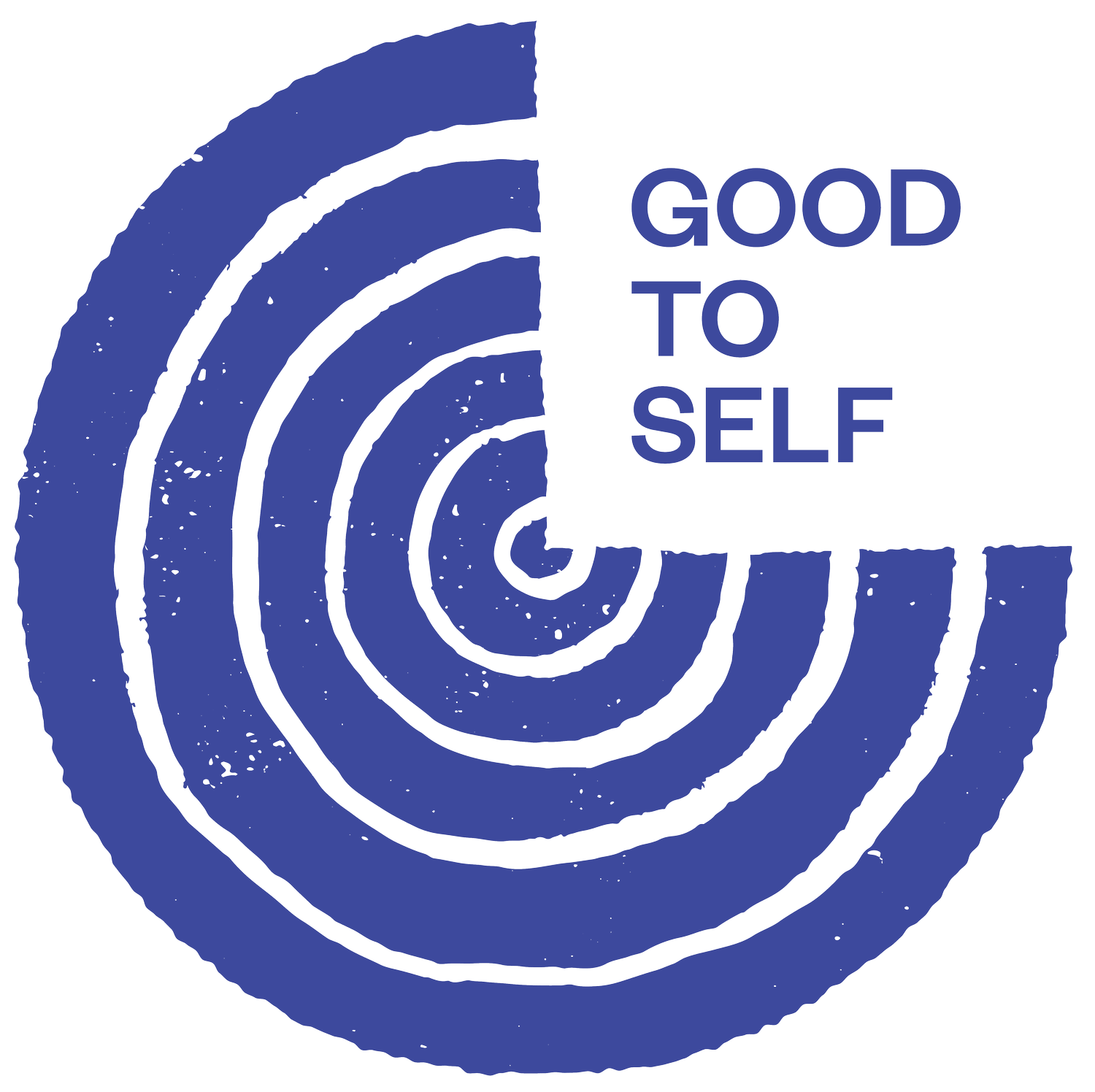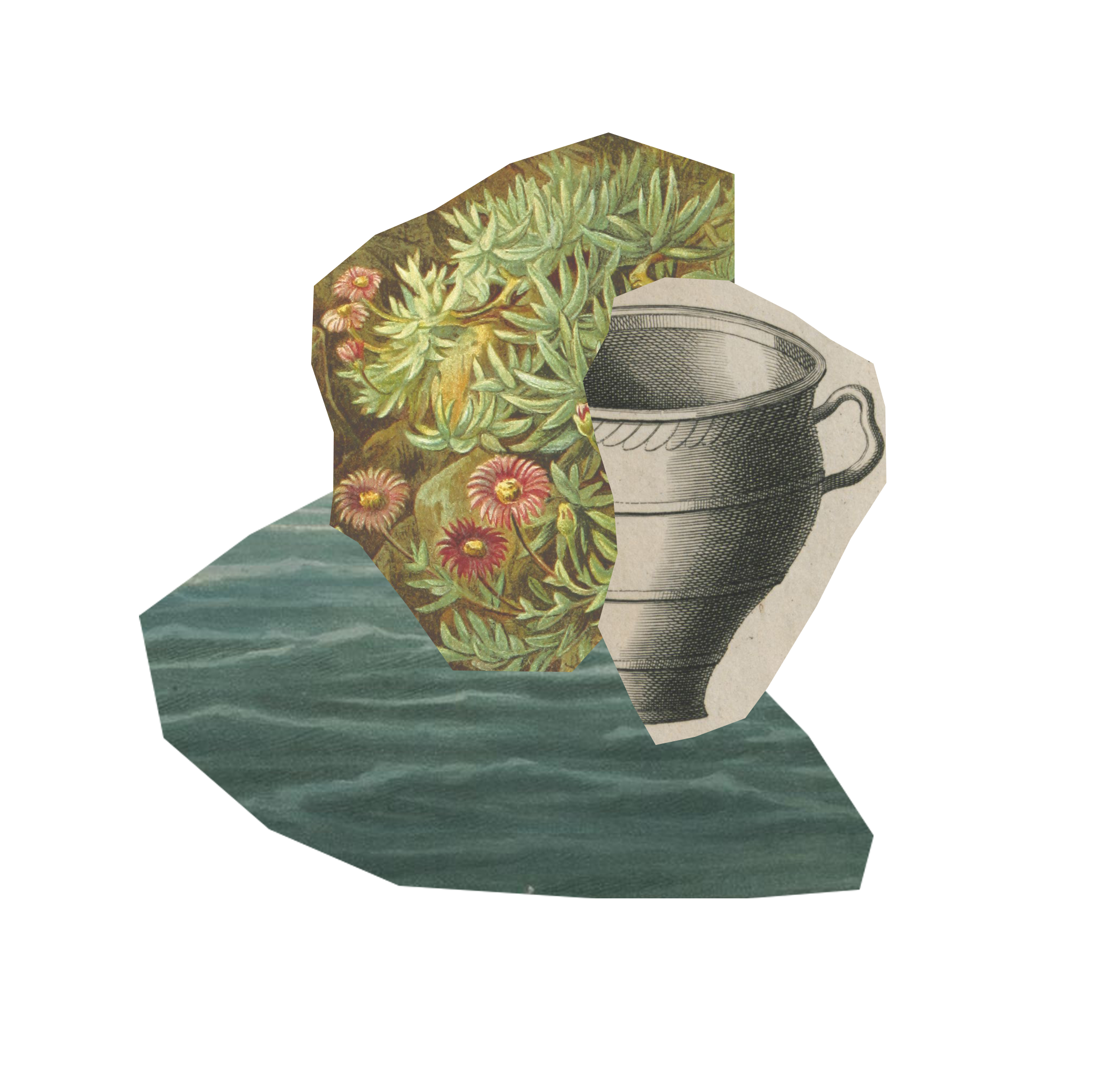
We all live by a set of core beliefs, guiding convictions we rarely think about but carry with us every day. These beliefs, often formed long ago, are like an internal operating system. They influence how we think, what we feel, and how we respond. Yet because they live just beneath the surface, they often go unnoticed. We assume our decisions are fully our own, when in reality, they are often shaped by invisible scripts written in our earliest years.
This can be hard to accept. Most of us want to believe we are the sole author of our story. But the truth is, our core beliefs begin forming before we ever realize we are writing anything at all. From the way we are nurtured to the love and encouragement we receive, or do not receive, our early experiences quietly shape how we see ourselves and what we believe is possible.
Psychologists tell us that by the age of seven, much of our personality and worldview is already taking form. Before we are old enough to walk or talk with confidence, the world has already begun shaping our sense of identity. That does not mean who we are is fixed, but it does mean that our early environment leaves a lasting imprint. How we are spoken to, treated, seen, and responded to, these moments add up. They become the lens through which we view ourselves and others.

A helpful way to understand this is through the example of language. None of us chose our first language. The words we speak were taught to us by the people closest to us. As young children, our brains were like sponges, absorbing whatever we heard. Over time, this language became second nature. We did not think about it. We simply spoke it. And unless we were challenged to learn a new way of communicating, we assumed it was the only way to name and describe the world.
Think about that for a moment. Look around the room you are in. What are you sitting on? You might say a chair. But in another language, that same object is called silla, sedia, or chaise. The word itself is not the truth. It is just what you were taught to call it.
Now take that same idea and apply it to your beliefs, about success, love, safety, identity. If your language was given to you, how many of your beliefs were handed down too? And how many of those beliefs have you ever paused to question?
This is the invitation. To turn inward with compassion and curiosity. Not to judge or discard everything you have inherited, but to examine it. To ask, Is this belief still serving me? Is this what I truly believe? Or was it simply what I was taught?
Understanding your core beliefs is not about assigning blame. It is about reclaiming authorship. Because once you see what has shaped you, you can begin to shape yourself.



